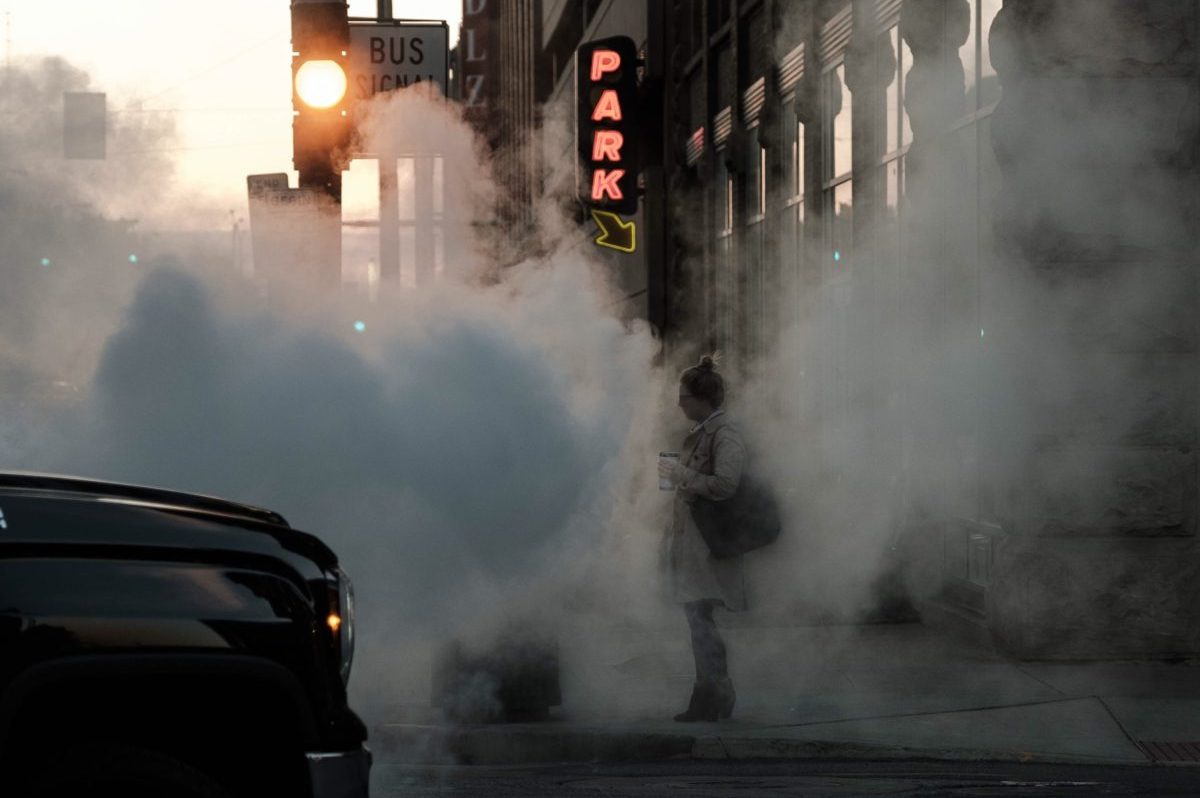It’s the start of a new school year, and most kids are feeling mixed emotions this time of the year. Going back to school is exciting, but many can feel a bit anxious.
The cause of anxiety at the start of a new school year depends on age. Kids in middle school and high school tend to worry about grades, making sports teams, having a fun social life, SAT scores and more. The most common anxieties experienced by younger children are rooted in fear of the unknown – who is my teacher, where is my classroom, who will pick me up after school, will I know anyone, etc.
Parents tend to be nervous when their kids go back to school, too, so it’s important for them to understand their child’s temperament and how they deal with these emotions. “Some children have difficulty with transitions and need a lot of preparation and lead time to be ready,” says Dr. James Sparing, clinical faculty member in the Child Psychiatry department at UCLA.
Tips for Coping with Stress and Anxiety from Jerry Hickey, R.Ph
Anxiety over heading back to class can make kids feel physically sick. They may complain of stomachaches, headaches, nausea and dizziness, especially on Sunday evenings after having fun and relaxing all weekend. If you observe potential symptoms of stress as the start of school approaches, understanding what factors are most upsetting for your child can help both you and your child prepare more effectively for the upcoming changes.
Common Back-to-School Fears
Fear of the unknown. Kids face new classrooms, new teachers, new classmates, sometimes even a new school during this time of the year. This can be very scary for children, teens, and even college students! Starting middle school, high school, or going away to college brings up even more anxiety than simply heading back for your junior year.
Making friends and fitting in. Though schoolwork is important, children also need positive social experiences at school to truly succeed. Making friends can be difficult for some children, especially if they get nervous around strangers. Some children struggle to fit in, especially if they feel different from their classmates because of their size, physical maturity, or culture. As children mature into adolescence, friends and peer groups take on an even greater role. During the teenage years, a good social circle is crucial for developing the right decision-making skills, a sense of self-identity, increased confidence, better social skills, and perhaps most importantly, the ability to say ‘no’!
Did you know that Probiotics can protect Children Against Viral and Intestinal Infections?
Bullying. Bullies are a very serious issue these days, especially with kids participating in social media at younger and younger ages. Thankfully, bullying is being taken much more seriously these days. School officials act on bullying if it’s brought to their attention, and they often monitor social media as well to look out for online bullying. A child who’s being bullied becomes much more vulnerable to self-destructive behavior, drug and alcohol abuse, depression and even suicide.
Pressure to succeed. Excessive pressure to excel in both school and extracurricular activities can cause major emotional stress for a child. The American Academy of Pediatrics encourages parents to “examine your expectations for your child: are they realistic?” Not every child can be a straight-A student or a star athlete, and setting the bar too high can discourage children. Instead, parents are encouraged to support an appreciation for reading and learning overall, and to promote progress by setting up short-term, achievable goals. Parents should also support their kids in extracurricular activities, whether they prefer sports, theater, volunteer work, music, or anything else. This can help children gain skills and self-confidence, both in the classroom and on the field. Some children simply require more support than others and so sometimes finding alternative sources of information and feedback can help children to succeed.
How to Help your Kids Succeed
The two most important things that parents can do to ensure their child is ready to perform at their best in school is to make sure they get a good night’s sleep and start the day with a healthy breakfast. Making sure your child eats a substantial breakfast is essential for good grades and focus in the classroom. “These kinds of healthy habits build a strong foundation around the child or adolescent,” says Murray
Pediatricians, psychologists, and nutritionists recognize the critical role of children’s vitamins and minerals in your child’s overall development.
Studies have shown that sleep deprivation can impair learning and memory. Staying up late to play video games or watch TV can hurt school performance. A February 2013 study in the Journal of Pediatrics reported that children who watched more TV in the evening went to bed later and didn’t get the amount of sleep they need to do well in school.
Is your child experiencing back-to-school anxiety? How do you help them deal with their fears? Let us know in the comments!
Source: http://healthyliving.msn.com/pregnancy-parenting/kids-health/coping-strategies-for-back-to-school-anxiety#1






